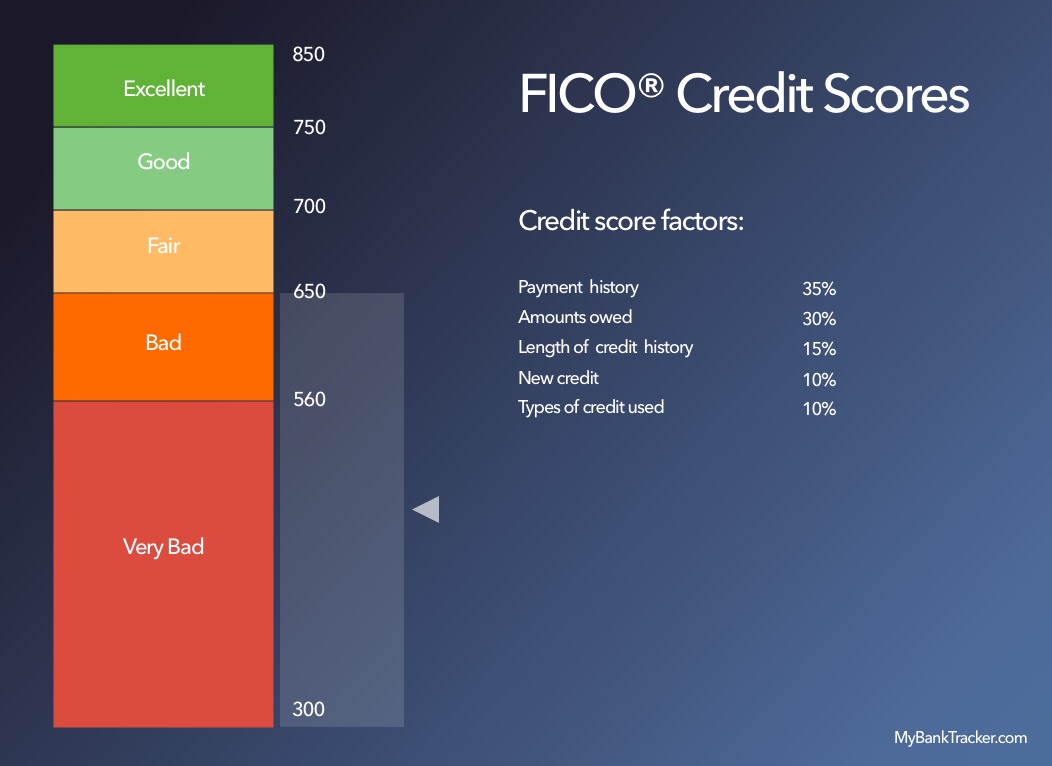Unsecured Auto Loans: What’s the Catch?

Some car dealerships make the car buying experience easier for customers by arranging their financing.
But there’s no rule that says you have to get an auto loan from a dealer’s preferred lender.
What’s even more interesting, there’s no rule that says you must use a traditional secured auto loan for a car purchase.
If you have an existing relationship with a bank, this financial institution may offer unsecured auto loans. Unlike a secured auto loan, the car doesn’t act as collateral for the loan.
Essentially, they're unsecured personal loans that are used to purchase a car. It may sound like a great deal, so it's understandable to be cautious for any tricks.
Pros
This type of financing might seem too good to be true, but it is possible if you’re able to qualify.
Benefits of an unsecured auto loan include:
No need to rely on dealership financing
One benefit of an unsecured auto loan is that you don’t have to get financing through your dealership’s finance department.
You can get your auto loan from any lender, which includes your personal bank, credit union, as well as online lenders.
Being able to shop for your own financing also means that you’re not stuck to a dealer’s finance terms. You can compare rates and then choose the loan with the most affordable terms.
Receive a check for the purchase
When you apply for an unsecured auto loan, the bank issuing financing will give you a check for the full loan amount. You’ll then use these funds to pay for the automobile.
Because you’re paying for the automobile in this manner, you’ll own the car outright after paying the dealership and receive the title to the car.
Not limited to borrowing the value of the car
Another benefit of an unsecured auto loan is that the loan amount isn’t limited to the value of the car. There’s also the option of borrowing more than what you’ll actually pay for the car.
Of course, you should only borrow what you can afford.
If you can borrow more, use excess funds for other useful purposes. This might include covering any vehicle repair costs if you’re purchasing a used car.
Or maybe use the surplus to consolidate debt and pay off a high interest credit card balance.
Car isn’t at risk of repossession
Another attractive feature is that the vehicle isn’t at risk of repossession if you default on the loan. Remember, the car doesn’t serve as collateral.
So if you stop making your loan payments, you don’t have to worry about the bank repossessing your automobile.
Cons
But even with the benefits of an unsecured loan, there’s a downside to this type of financing.
Higher rates possible
Unsecured loans are riskier for lenders. Because the car isn’t collateral and your lender can’t repossess the car if you default, these loans may carry higher interest rates compared to secured auto loans.
A higher auto loan rate means you’ll pay more for the vehicle in the long run.
Plus, when you don’t go through your dealership’s finance department, you miss out on any APR specials. These can include 0% APR on a new purchase if you have exceptional credit.
Credit still matters
Even though the car isn’t at risk of repossession, there are negative consequences of not paying back an unsecured auto loan.
The lender may charge late fees if your payment doesn’t arrive by the due date.
And if your payments become more than 30 days past due, your lender will likely report the lateness to the credit bureaus.
This can lower your credit score.
Defaults still hurt
If you’re unable to catch up your payments, the lender can take further action.
They may seek a judgment on your credit report, or the lender may send your information to a debt collection agency.
These negative remarks also lower your credit score and can remain on your credit report for up to seven years.
How to Qualify for an Unsecured Auto Loan
Not everyone who applies will qualify for an unsecured auto loan.
Given the risky nature of these loans, only certain applicants will meet the qualifications:
Great credit
Getting approved for an unsecured auto loan does require an excellent credit history.
If you have a lower credit score or recent negative information on your credit report, you probably won’t qualify for this type of financing.
Instead, you’ll need a traditional auto loan. Minimum credit score requirements vary by lender, but excellent credit is demonstrated by a good payment history.
Stable employment/high income
With any type of loan, the lender verifies your income and employment.
Because unsecured auto loans are riskier, however, it isn’t enough to be employed or have income.
Lenders also take into consideration the stability of your employment. And typically look for a lengthy employment record.
Remember, these loans can have higher interest rates and higher monthly payments.
For this reason, some lenders also have minimum income requirements.
Strong assets
You can apply for an unsecured auto loan with any lender offering these types of loan.
But if you have accounts with a particular bank, it might be easier to qualify for a loan with this institution.
These include checking accounts, savings accounts or investments. The bank doesn’t use these accounts as collateral.
But having these assets can build a lender’s confidence in your ability to repay the loan.
You're most likely to be offered unsecured auto loans directly from your existing bank.
Differences Between Secured and Unsecured Auto Loans
An unsecured and secured auto loan fulfill the same purpose, but there are differences between the two.
Applying for a secured auto loan entails submitting a loan application to a lender for a specific car and for the negotiated price of the vehicle.
The car secures the loan, so you can only borrow up to the cost of the car. You’ll make monthly payments to the bank financing the automobile.
Unlike an unsecured auto loan, you don’t receive a check for the car, nor do you receive the title upfront. The bank providing your financing holds the title until you pay off the car.
As previously mentioned, if you stop making payments on a secured auto loan, the bank can repossess the automobile. The bank will then resell the car and use the proceeds to pay off your remaining balance.
One feature that a secured loan shares with an unsecured loan is that you can also use your bank, credit union, or an online lender.
Get pre-approved if you’re interested in a secured auto loan and you want to secure your own financing. By doing so, you know what you can afford beforehand.
Why Credit Scores Matter With an Auto Loan?
Whether you choose an unsecured or a secured auto loan, your credit score matters. So, improve your credit before applying for a loan.
This can help you get the lowest interest rate, which is helpful considering how unsecured auto loans typically have higher interest rates.
As you work to improve your credit score, it’s important to understand the factors that make up your score.

Payment history
Pay your bills on time every month. This not only helps you qualify for a loan, it helps you score a low rate.
If you experience payment problems, contact your creditors and ask about hardship provisions.
For example, some companies allow payment arrangements. Likewise, some credit unions allow borrowers a limited number of “skip payment” options.
Amounts owed
Paying down debt before applying for an auto loan helps raise your score. A low debt-to-income ratio can also increase purchasing power, allowing you to borrow more for the auto purchase.
Length of your credit history
It's hard to argue against borrowers with a longstanding record of good credit behavior.
New credit
This factors in your number of recent credit inquiries and your number of recently opened accounts.
Every credit application reduces your credit score by a couple of points.
Too many inquiries can have a negative impact on your credit score, and a lower score can trigger a higher interest rate.
Credit mix
You’ll want to maintain a good mix of credit types to build a strong score. This shows an ability to manage different types of debt and speaks to your creditworthiness.
So, if you only have a credit card, getting an unsecured auto loan (which is a type of installment loan) could potentially increase your credit score.
Conclusion
If you have excellent credit and stable income, an unsecured auto loan might be an option for you. More so if your bank offers amazing deals on these loans.
You can get a no collateral loan with the option of borrowing more than the car’s purchase price.
But since unsecured loans are costlier, make sure you shop around and compare rates and terms among different lenders.

